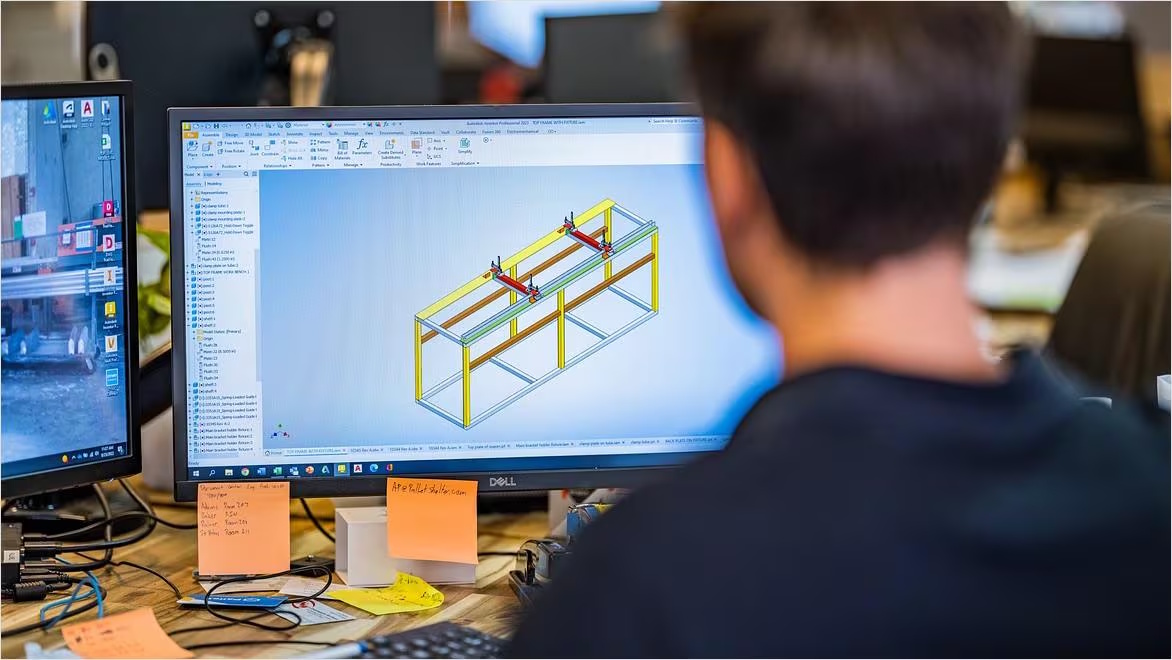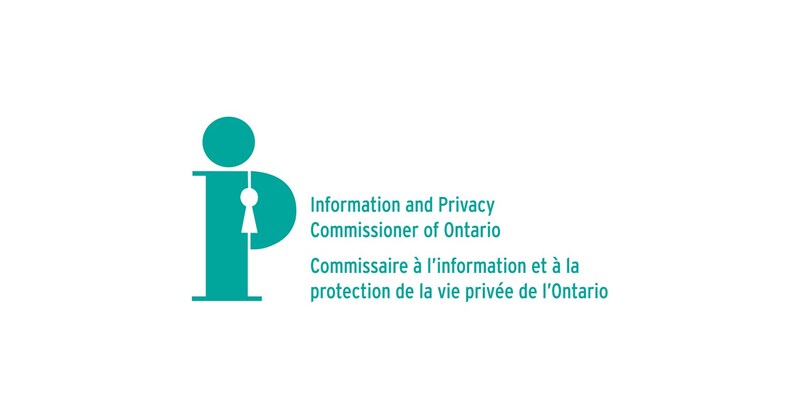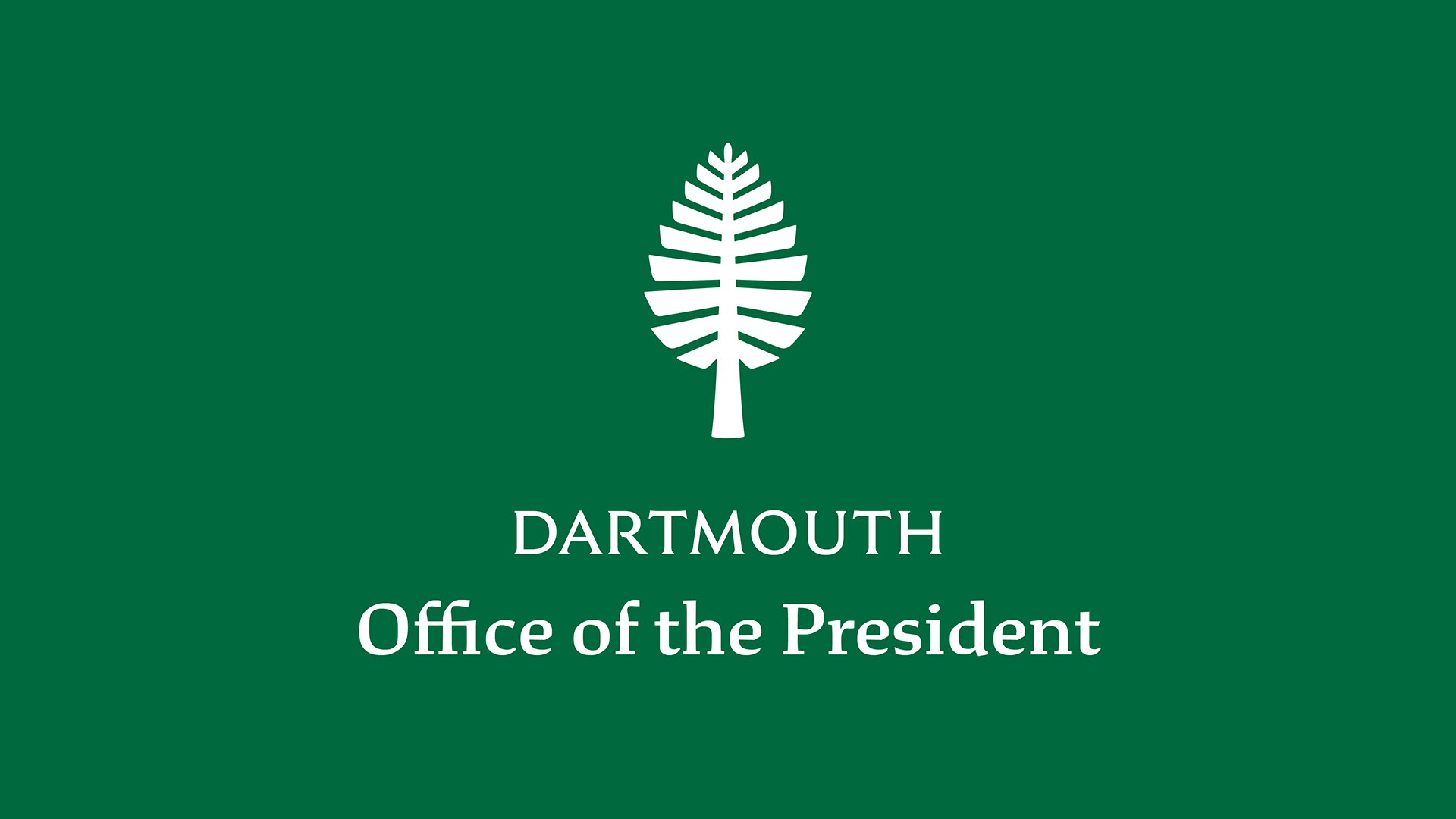The Gulf’s digital education divide: Are you receptive or resistant?

More than two years after the Covid-19 pandemic ended, we are still witnessing the shift from in-person to online, particularly within our education system.
Earlier this month, Qatar announced a day of remote learning for schools across Doha as it geared up to host the World Summit for Social Development. The Ministry of Education and Higher Education mandated that all classes in public and private schools would be conducted remotely on Tuesday, while administrative and teaching staff also worked from home and delivered lessons through online learning platforms.
After lockdowns and social distancing, the switch from teaching in physical classrooms to digital has become easier. Where historically bad weather or extraordinary events might have led to days off, post-pandemic schools are geared up to deliver classes as usual in an online space.
Can this be more disruptive than desirable to the pupils’ schedule, however? It seems popular opinion is divided, according to experts The National spoke to.
A core philosophy
Taaleem, for example, prides itself on its ability to deliver technologically advanced education, as part of its digital transformation. “Educational technology has long been embedded as a core part of our learning philosophy,” said Jamie Efford, elementary principal and cluster lead for AI and digital technology. “We continually seek to redefine what the classroom experience can be, using digital tools to enrich and extend learning in powerful ways.”
This includes using virtual reality and augmented reality experiences to complement an in-person learning environment. It also incorporates mobile apps that connect teachers with parents and bridge the gap between school and home.
“Across Taaleem schools, cloud-based learning platforms, real-time feedback tools and adaptive technologies now enable highly personalised and flexible learning experiences,” added Mr Efford. “Students can access lessons, collaborate and receive feedback anytime, anywhere – extending learning well beyond the classroom.”
Flexibility is key, but only when necessary
This flexibility has become an essential part of Taaleem’s learning model, particularly when circumstances such as extreme weather or health-related directives arise. But face-to-face learning remains vital, said Mr Efford. “School is not only about academics; it is also about connection, collaboration, community and well-being. Extended remote learning can limit social interaction and increase screen time, which is why we approach it as a short-term or hybrid solution rather than a substitute for in-person education.”
John Bell, founding principal of Bloom World Academy, echoed this sentiment. While flexibility, adaptation and problem solving are “key ingredients of a great school”, remote learning can put pupils at a disadvantage, he told The National.
“Being ready for remote learning when needed is now part of the planning and practice of the well-run school. Overall, however, there are few if any advantages to being educated remotely, generally speaking,” he said.
While digital learning can create a seamlessness to the education process in unavoidable situations, Mr Bell said it does not outweigh the risks of social and physical isolation, loss of development of soft skills, over-dependence of technology and the absence of a real-life teacher. “My sense is there is a backlash from parents and students with the overuse of technology and a genuine dislike or fear of remote learning,” he added.
While advances in technology can help families during forced absences, Bloom World Academy “does not close its doors” unless mandated by the KHDA, said Mr Bell. “This policy has been enthusiastically welcomed by parents,” he added.
Paul Gardner, head of secondary at Swiss International Scientific School Dubai, said that, when used appropriately, as part of a coherent digital ecosystem, “technology can still be truly transformational”.
“However, during the pandemic, many schools became reliant on technology without the necessary preparation or strategic planning,” he said. “In some ways, this sudden shift set back the thoughtful progress that had been made in educational technology.
“What we’re seeing now, particularly in Dubai, is a recalibration – schools are realising that technology should not be a quick fix or a substitute for great teaching.”
The main advantage is the immediacy of feedback, he added. “Timely feedback has the greatest impact on learning,” Mr Gardner added. “Digital tools can provide that feedback instantly, allowing students to work at their own pace and revisit material as needed.”
A matter of accessibility
For many, it’s a matter of accessibility. Mr Efford, for one, sees digital strategy moving beyond infrastructure towards innovation. “We see a future where technology amplifies teacher impact, empowers student agency and ensures every learner can succeed, whatever the circumstances, in school and in life,” he said
Mother-of-two Vimla Naik said she believed Dubai schools were “on the right track” when it comes to digital strategy, but there is work to be done, particularly in terms of affordability. “Devices should be made available to children at subsidised rates,” said told The National. “Some schools enforce only certain devices which not all parents with multiple kids can afford.”
When it comes to remote learning, as long as it is planned in advance, Ms Naik said she welcomed the flexibility, although professional workplaces need to catch up to adjust for such scenarios for parents, she added.
“It’s a basic requirement now that everyone is well versed in technology,” she said. “The foundational stage should, however, still be focused on literature, communications, maths, science and emotions. This will help kids adapt and face anything that the future stores for them.”
Frederique Bonnet, who has two school-aged children in a French school in Al Quoz, has been similarly pleased with its digital transformation and strategy. “I find the entire system to be quite agile and am always amazed by how quickly they can switch,” she said. “I’m sure, though, it’s a lot of work for the teachers to keep the materials up to date to be able to do the switch if and when needed.”
Technology is advancing so rapidly, it’s hard to keep up, Ms Bonnet added. “I do believe that if we want to equip the kids for what’s coming, there needs to be more of these topics learnt at school,” she said. “I think this could be mandated by governments to ensure that kids can navigate what’s coming with more comfort while ensuring their digital safety.”
Mr Gardner has seen a deliberate step back from technology among schools in the region, with more focus on mindful use of devices. “Over time, I think we’ll see educational technology embraced again – but this time, more strategically and in ways that genuinely enhance learning rather than overwhelm it,” he said.
link






